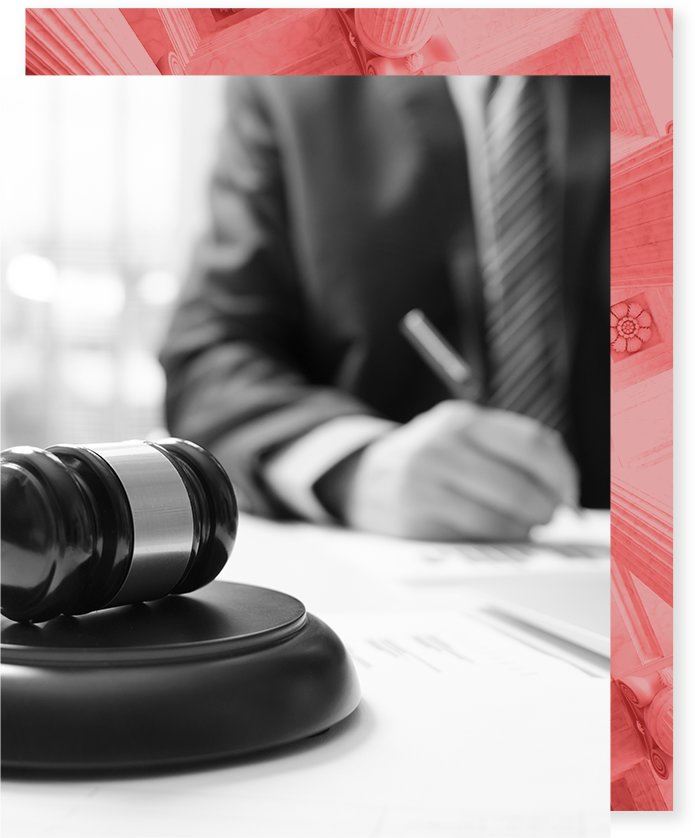
Essex County Drug Crime Lawyer
When the District Attorney brings charges of drug crimes, defendants are faced with everything from jail to fines to a criminal record that can make getting future employment and housing much more difficult. What defendants need is an Essex County drug crimes lawyer that won’t back down from the D.A., will fight for their client’s constitutional rights, and who will work rigorously and tenaciously toward either outright acquittal or the best plea agreement possible under the circumstances.
The following are several drug charges our Essex County drug crime attorney handles:
- Simple possession
- Possession with intent to distribute or sell
- Sale
- Distribution
- Trafficking
- Manufacturing/cultivation
Aprodu | Conley knows the law, the system, and we know how to aggressively advocate for our clients’ best interests. Serving all of Essex, Suffolk, Norfolk, Middlesex, Hampden, and Worcester counties, we offer both free consultations and payment plans.
Call us at (978) 705-7270 or reach out here online today.

4 Factors in Massachusetts Drug Crime Penalties
The charges, and the sentence in the event of conviction, will hinge on four factors—the type of crime, the type of drug, the quantity of the drug, and the previous record of the defendant.
Types of Drug Crimes
Drug crimes in Massachusetts fit broadly into three categories—possession, sale, and trafficking. Possession, as the name of the charge suggests, means that the defendant had the drugs on their person or on their property. Sale, again as the name indicates, means they are alleged to have sold the drugs.
Trafficking is similar to sale, but is a more serious charge. Whether a prosecutor brings trafficking charges starts by looking at the quantity of the drugs—14 grams is the threshold in Massachusetts for trafficking charges. Prosecutors can also consider circumstances such as whether it was brought across state lines.
Within these three broad categories, there are also charges such as possession with intent to sell. A prosecutor might glean intent through evidence that could include records ranging from emails to phone calls to text messages. Large quantities can also be taken as evidence that the defendant was possessing the drugs for reasons other than personal use.
Quantity of the Drug
Crimes involving at least 14 grams are, as noted above, considered to be trafficking. There are other thresholds that go even higher, with more severe penalties available to a judge at each benchmark. As defendants possess 28 grams, then 100 grams, and up to 200 grams, a jail term can be longer and a fine steeper.
The Drug Itself
The state of Massachusetts puts drugs into five different classes, based on how addictive they are, and whether there is any legitimate medical use for them. The most serious drugs are Class A, and include substances such as heroine. These are extremely addictive and have no acknowledged medical use.
Class B drugs are still quite serious, and include both crack cocaine and LSD. At the Class C level, we find hallucinogens. Class D involves substances that include barbiturates
At the lowest level of Class E. These are drugs that often have valid medical reasons, but are possessed in sufficient quantity or under circumstances (i.e., lacking a prescription) that run afoul of the law. Codeine is a common example.
Prior Record
A defendant with no previous record has different sentencing guidelines than a repeat offender. As an example, let’s say a defendant is charged with simple possession of crack cocaine. A first offense could result in 1 year of jail time, and a fine of up to $1,000. For future offenses, those penalties double.
Constitutional Rights in Drug Crime Cases
Defendants have rights and one that often comes up in drug cases is the right against unreasonable search and seizure. This means law enforcement officers must have a search warrant or probable cause before they can search a suspect’s property. This covers everything from a house search to a review of computer records to opening up the glove compartment in the defendant’s vehicle. This legal protection of defendants is given in the 4th Amendment to the United States Constitution.
When police officers fail to follow protocol, a defense lawyer can file a motion to suppress. This means that any evidence that was obtained from an illegal search cannot be introduced in court and shown to a jury. Given that drug cases often hinge on physical evidence, the dismissal of this evidence may result in dropping the charges entirely. At minimum, it can certainly hinder the prosecution’s attempts to secure a conviction.
Here are other legal defenses that might be available for your case:
- Lack of knowledge or intent: You can argue that you were unaware of the presence of drugs or did not intend to possess or distribute them.
- Medical necessity: Your use or possession of drugs was medically necessary for a legitimate medical condition.
- Duress: You were forced to commit a drug crime under threat of harm.
- Entrapment: You were induced by law enforcement to commit a drug crime that they would not have otherwise committed.
Accessible & Attentive Essex Drug Crimes Lawyers
It’s understandable if defendants and their loved ones feel scared during this difficult time. They need their attorneys to communicate with them, and be available for ongoing questions and discussion as the case proceeds. Aprodu | Conley takes that responsibility seriously and we are there for our clients.

-
“This law firm is amazing. Attorney Conley helped me out of a difficult situation which has ultimately keep my future intact. I highly recommend this firm to anyone in need of legal representation.”

-
Accessible, Appreciative, & Attentive
We appreciate the opportunity to help clients during times of need and turmoil. We treat each case as if it was our own and are always happy to guide our clients.
-
Passionate, Prudent & Professional
Being passionate about the law and helping our clients allows us to work prudently, and professionally to achieve your goals.
-
Compassionate, Capable, & Conscientous
When you are facing a legal issue, we will be there with you every step of the way. We will fight for you and we will advocate for you.
-
Objective, Organized, & Open-Minded
We always look at the big picture to help you make the right decisions about your case. We are always learning and are never too proud to take the actions necessary to effectuate our clients' goals.

